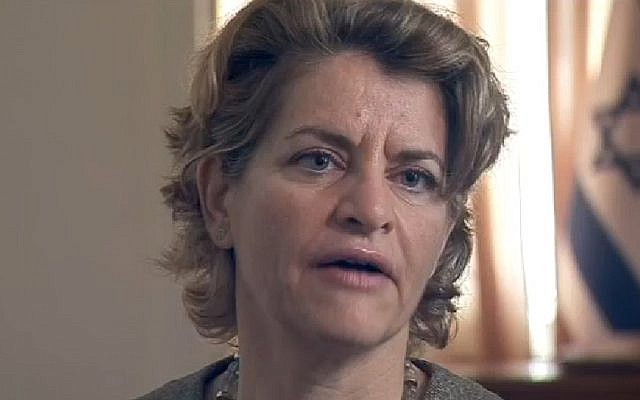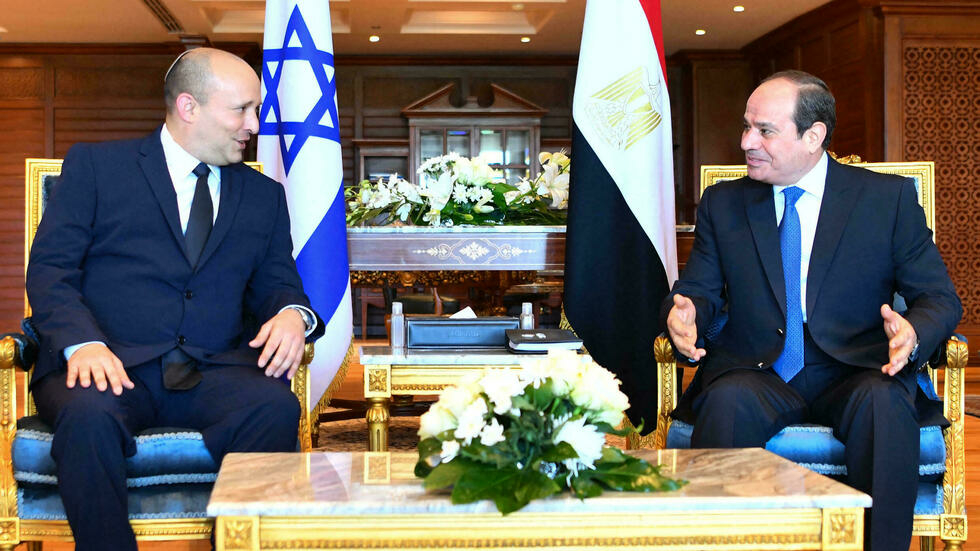Judging by Prime Minister Naftali Bennett’s meeting yesterday with President Abdel Fattah el-Sissi in the Sinai Peninsula resort of Sharm el-Sheikh, Israel’s mercurial relations with Egypt are improving. Describing it as an “important and very good meeting,” Bennett said it “laid the foundation for deep ties” in the future.
He did not elaborate, but the pair reportedly discussed a wide assortment of mutually relevant topics, ranging from trade and tourism to the tense situation that prevails in and around the Gaza Strip since Israel’s last war with Hamas in May.
Israel’s security cooperation with Egypt was left unmentioned. But since 2013, when a jihadist revolt broke out in Sinai, Israel has allowed additional Egyptian forces and heavy military equipment there beyond the level permitted by its 1979 peace treaty with Egypt.
In coordination with Egypt, Israel has also carried out air raids in Sinai. “We have a wide range of cooperation with the Israelis,” Sissi told the American news show, 60 Minutes, three years ago.
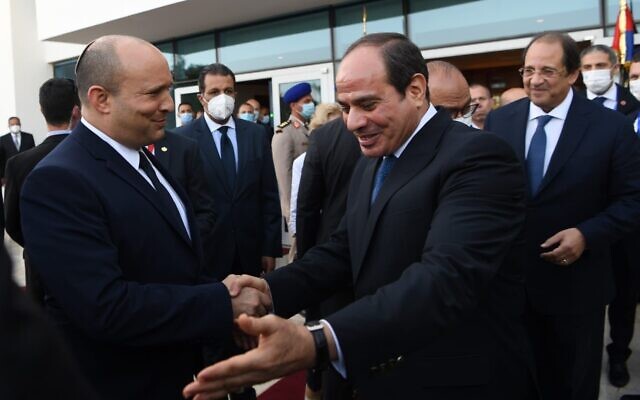
On the day Bennet and Sissi met, the Israeli media disclosed that Egypt’s national airline, EgyptAir, will operate four weekly direct flights to Israel starting early in October. Until now, the only Egyptian flights between Cairo and Ben-Gurion Airport have been operated by Air Sinai, a subsidiary of EgyptAir, in conspicuously unmarked aircraft.
In a reciprocal move on the eve of Sukkot, Israel lifted all restrictions on its citizens visiting the Sinai, an immensely popular travel destination for Israelis since the end of the 1967 Six Day War.
These restrictions were imposed due to the Covid-19 pandemic, which still rages, and the Islamic fundamentalist insurgency in Sinai, which Egypt has been trying to suppress for years now.
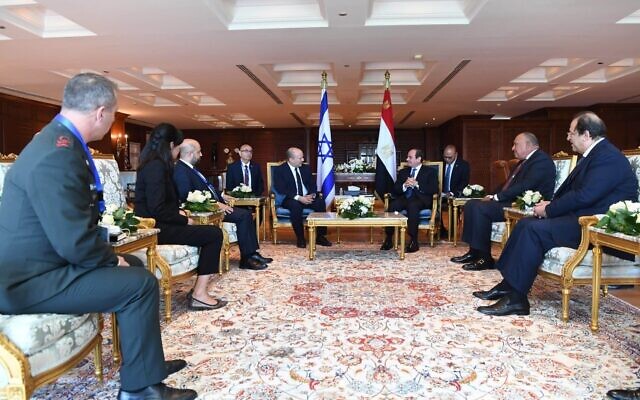
Bennett’s meeting with Sissi was significant because a decade has elapsed since Israeli and Egyptian leaders last met publicly. This meeting took place between Benjamin Netanyahu and Hosni Mubarak in Sharm el-Sheikh in January 2011. Shortly afterward, Mubarak’s authoritarian regime was rocked by nation-wide demonstrations, forcing him to resign.
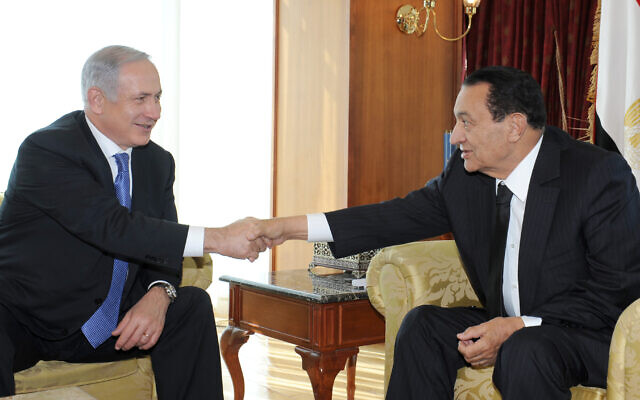
In 2013, Sisi, a general-turned defence minister, staged a coup, toppling the Muslim Brotherhood government of Mohammed Morsi. In 2018, Netanyahu is reported to have visited Egypt secretly. And in the same year, he and Sissi conferred in New York City.
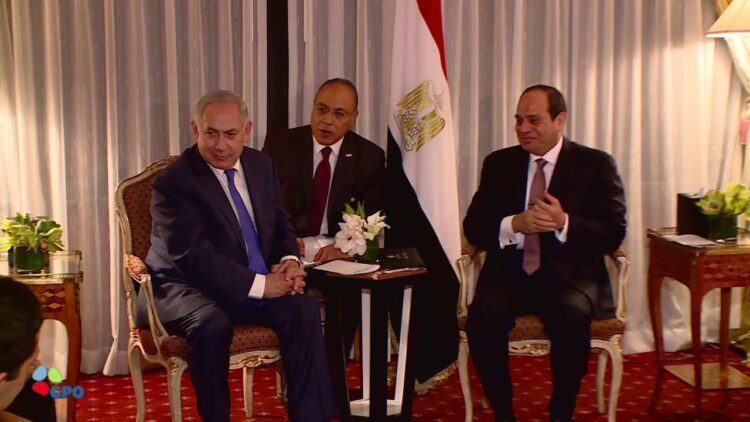
Egypt was the first Arab country to sign a peace treaty with Israel. Anwar Sadat, Mubarak’s predecessor, laid the groundwork for it with his visit to Jerusalem in November 1977.
Under the terms of the treaty, Israel withdrew from the Sinai in phases. Yet Israel’s relations with Egypt remained cool to frosty during Mubarak’s presidency, which began after Sadat’s assassination in 1981. The “cold peace” that has since prevailed is largely due to Israel’s refusal to resolve the Palestinian problem through a two-state solution.
Prior to Sissi’s ascent, a period of instability, mobs sacked the Israeli embassy in Cairo. Despite the undercurrent of anti-Israel sentiment in Egyptian society, the Egyptian government has honored the treaty. Sissi, in 2018, called it “stable and permanent.”
Like his last four predecessors, Sissi has advocated a two-state solution. Nonetheless, unlike the Palestinian Authority, Sissi welcomed Israel’s normalization agreement with the United Arab Emirates last August, saying he supports “any steps that will being peace” to the Middle East.
In his comments on September 13, he reiterated Egypt’s policy and expressed support for rebuilding Gaza in the wake of the most recent war. In May, Sissi promised $500 million in aid to reconstruct Gaza once a truce is firmly in place.
Bennett, an opponent of Palestinian statehood, made no mention of this issue. But he thanked Egypt for its role in maintaining “security stability” in Gaza. As in the three previous wars, Egyptian officials were instrumental in brokering the ceasefire which ended the cross-border fighting.
Bennett was invited to Egypt by Abbas Kamel, the head of Egypt’s General Intelligence Directorate. During his two-day visit to Israel in August, Kamel had discussions with Bennett, Foreign Minister Yair Lapid and Defence Minister Benny Gantz.
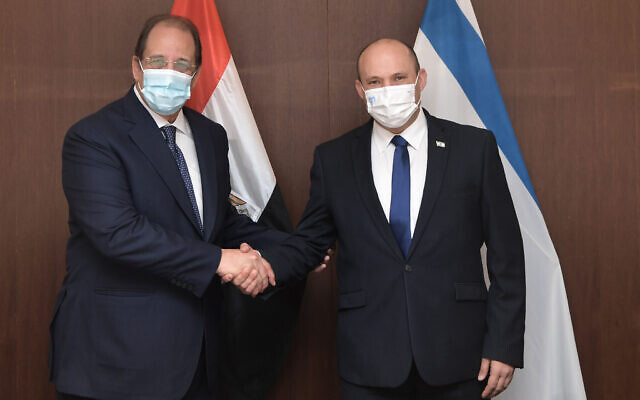
“We discussed relations between the countries and the need to expand relations to economic and civil issues as well,” Lapid tweeted. “Israel and Egypt have other issues in which cooperation can be promoted, starting with trade, medicine, technology, agriculture and energy, areas that will help advance relations …”
Lapid’s predecessor, Gabi Ashkenazi, held talks in Cairo with his Egyptian counterpart, Sameh Shoukry, this past May. It was the first time since 2008 that an Israeli foreign minister had officially visited Egypt.
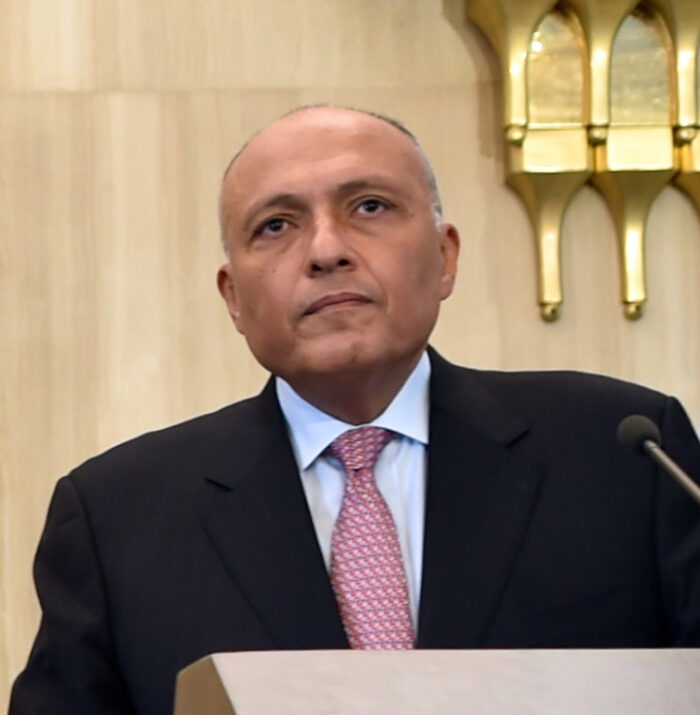
Several months earlier, Egyptian Petroleum and Mineral Resources Minister Tarek el-Mulla paid a visit to Israel. The last time an Egyptian minister visited Israel was in 2016, when Shoukry turned up in Jerusalem for talks regarding recurring tensions in Gaza.
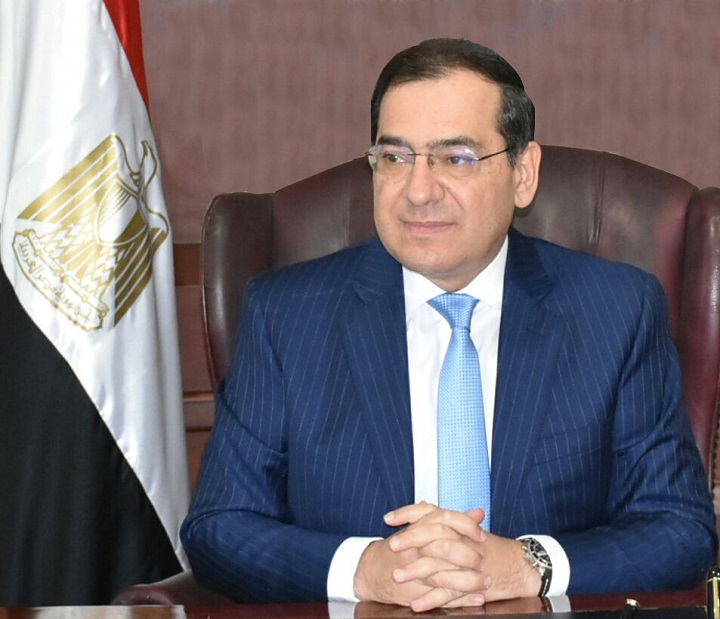
Mulla focusing on the Eastern Mediterranean Gas Forum, which was launched in 2020 to build an undersea pipeline to ship liquified natural gas from Mediterranean countries to Europe. Apart from Israel and Egypt, its members are Greece, Italy, Cyprus, Jordan and the Palestinian Authority.
Last December, Israel started pumping what will be 85 billion cubic meters of natural gas from two huge offshore fields, Leviathan and Tamar. The deal is worth about $19.5 billion.
“The export of gas to Egypt from these fields is the most significant economic cooperation between Israel and Egypt since the signing of the peace treaty,” said Yuval Steinitz, the then Israeli energy minister.
The Israeli ambassador in Cairo, Amira Oron, whose appointment was announced just over a year ago, will doubtless work on this issue to ensure that Israel’s bilateral relations with Egypt grow a little warmer in the years ahead.
